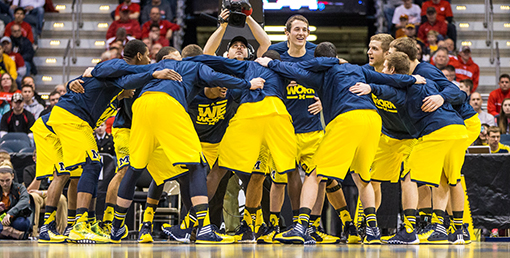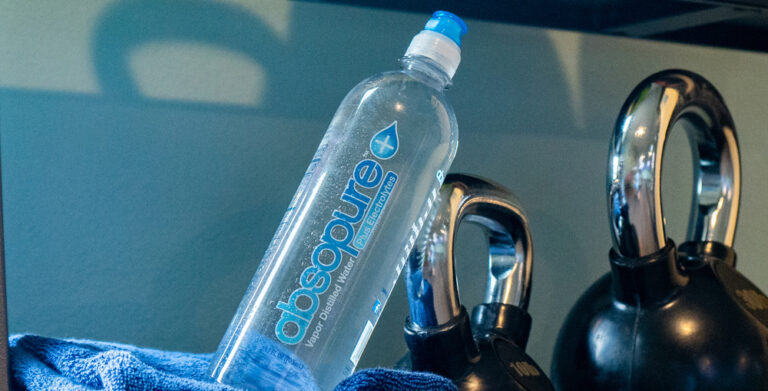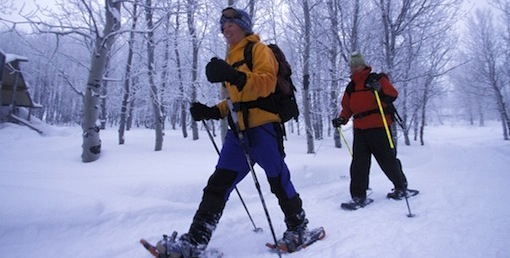Absopure
(un)Filtered

Hydration Tips For Peak Athletic Performance
The madness that comes along with the month of March has begun and the basketball competition is heating up fast. But, top ranking Division 1 teams know the importance of keeping things cool and performing under pressure. Part of playing at the top of your game involves keeping your body in peak condition.
No matter how long you’ve trained or how much you’ve practiced, eating nutritious foods and staying hydrated is important for athletic performance. As the Official Bottled Water of Michigan Athletics, it’s our job to keep the Wolverine basketball team refreshed, refueled and hydrated as they compete for the NCAA championship.
If you want to perform like an all-star, you must hydrate like an all-star. To get the most out of your next workout, here are some hydration tips you should consider:
Your body needs water to work at its full potential
Water plays an important role in sustaining many body functions, including the ability to sustain cardiovascular systems, regulate body temperature, lubricate joints and transport essential nutrients to our cells, tissues and organs.
By staying adequately hydrated, athletes are able to:
- Reduce fatigue and sustain energy
- Lubricate joints for high-impact activities
- Build muscle and increase muscle tone
- Maintain core body temperature
- Reduce cardiovascular strain
- Prevent muscle cramps caused by dehydration
- Think clearly and make game-changing decisions quickly
Dehydration hinders athletic performance
If you don’t hydrate properly before, during and after exercise, you are likely to experience dehydration, and your body’s ability to perform at its full potential will be adversely affected as a result.
According to a recent Active.com article written by Board Certified Sports Dietetics Specialist Katie Jeffrey, even a 1% dehydration level will hinder your overall athletic performance. In general, dehydration is defined as loss of body fluids, mostly water, and can occur when there is a 2% reduction in body weight from fluid loss.
How athletes stay hydrated
Because athletes are more likely to lose water through perspiration, staying hydrated is essential. Although your water consumption needs will vary depending on the type of and intensity of your workout, here are some best practices you can use to make sure you’re staying adequately hydrated:
- Eat hydrating foods
- Try to drink at least half your body weight in ounces of water daily
- Carry a water bottle with you at all times
- Drink eight ounces of water 20-30 minutes prior to exercising
- Take small sips of water every 15-20 minutes of exercise
- Drink 16-24 ounces of water per pound of body weight lost after exercise





